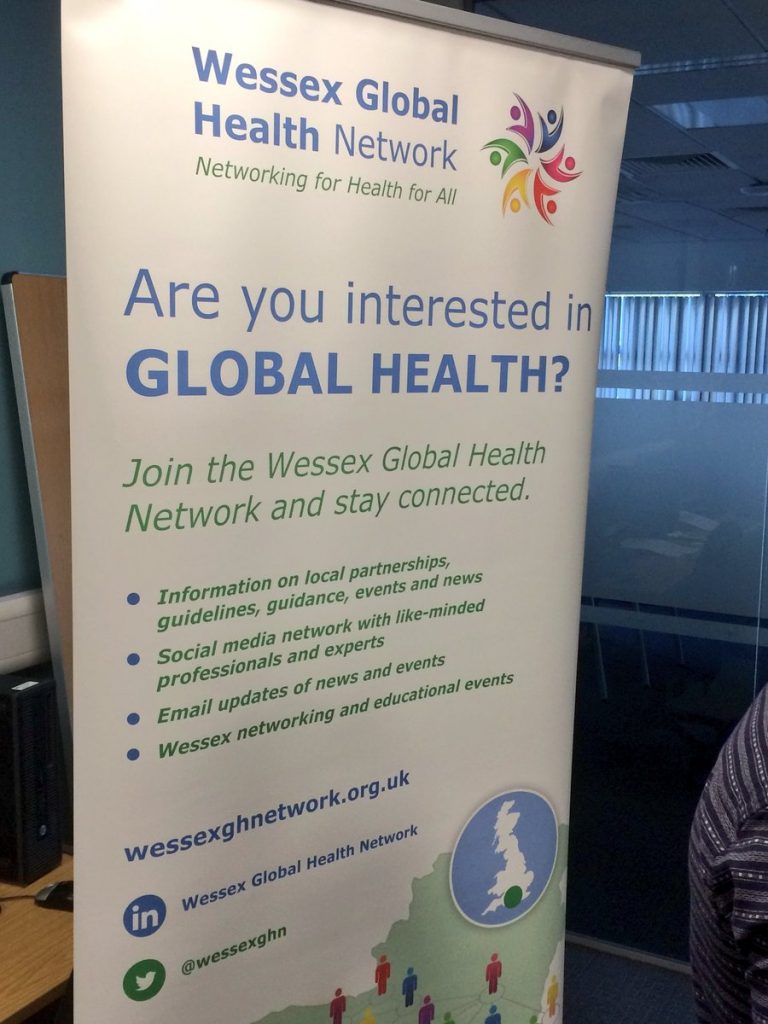 This week’s inaugural meeting of the Dorset Global Health Network was a great success. It was sold out on ‘Eventbrite’ long before day of the event (25th of April). The inaugural meeting held at Bournemouth University (BU) focused on Nepal. The evening was opened by Dr. Emer Forde who is GP Programme Director, Health Education Wessex (Dorset) and member of BU’s Centre for General Practice. She spoke of her and her son’s recent experience in her presentation ‘Voluntourism in Nepal : A lesson in the grey areas of global health.’
This week’s inaugural meeting of the Dorset Global Health Network was a great success. It was sold out on ‘Eventbrite’ long before day of the event (25th of April). The inaugural meeting held at Bournemouth University (BU) focused on Nepal. The evening was opened by Dr. Emer Forde who is GP Programme Director, Health Education Wessex (Dorset) and member of BU’s Centre for General Practice. She spoke of her and her son’s recent experience in her presentation ‘Voluntourism in Nepal : A lesson in the grey areas of global health.’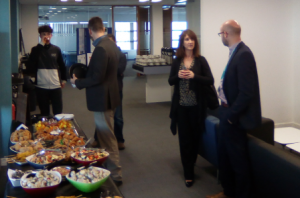
The second short presentation was by Prof. Edwin van Teijlingen for BU’s Centre for Midwifery, Maternal & Perintal Health (CMMPH). His presentation with the title ‘The challenge of perinatal mental health in Nepal’ covered issues around maternal mental health, auxiliary nurse-midwives and stigma and culture in southern Nepal. The project brought together academics, midwives, nurses, and other health workers in Nepal and the UK to help in the training of auxiliary nurse midwives in Nawalparasi on key aspects of mental health and mental health promotion. The project led by Bournemouth University was funded under the Health Partnership Scheme (HPS) which is managed by a London-based organisation called THET (Tropical Health & Education Trust).
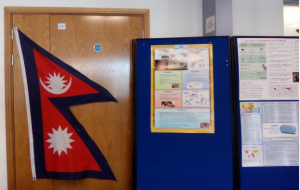 The third speaker and final speaker Dr Ollie Ross, Consultant Anaesthetist at Southampton General Hospital, introduced the film ‘Hospital’. The film provides a portrait of a state-run hospital in one of the most remote and poor districts of Nepal and how individuals can make a difference to people’s lives. Dr Ross is also a consultant to the Nick Simons Foundation working in Nepal. According to The Nepali Times Nepal’s most accomplished documentary maker, Kesang Tseten, has a knack of bringing out in his films the best in people. He looks for the flower that grows amidst the squalour, and tries to spread a message of hope. His film, Hospital, returns to rural Nepal to portray a hospital in Kalikot where ordinary health workers accomplish extraordinary things.
The third speaker and final speaker Dr Ollie Ross, Consultant Anaesthetist at Southampton General Hospital, introduced the film ‘Hospital’. The film provides a portrait of a state-run hospital in one of the most remote and poor districts of Nepal and how individuals can make a difference to people’s lives. Dr Ross is also a consultant to the Nick Simons Foundation working in Nepal. According to The Nepali Times Nepal’s most accomplished documentary maker, Kesang Tseten, has a knack of bringing out in his films the best in people. He looks for the flower that grows amidst the squalour, and tries to spread a message of hope. His film, Hospital, returns to rural Nepal to portray a hospital in Kalikot where ordinary health workers accomplish extraordinary things.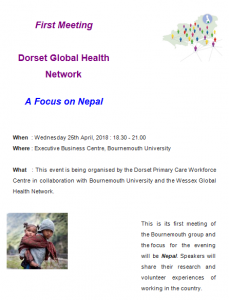
The event was organised by the Dorset Primary Care Workforce Centre in collaboration with Bournemouth University and the Wessex Global Health Network.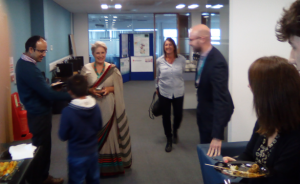
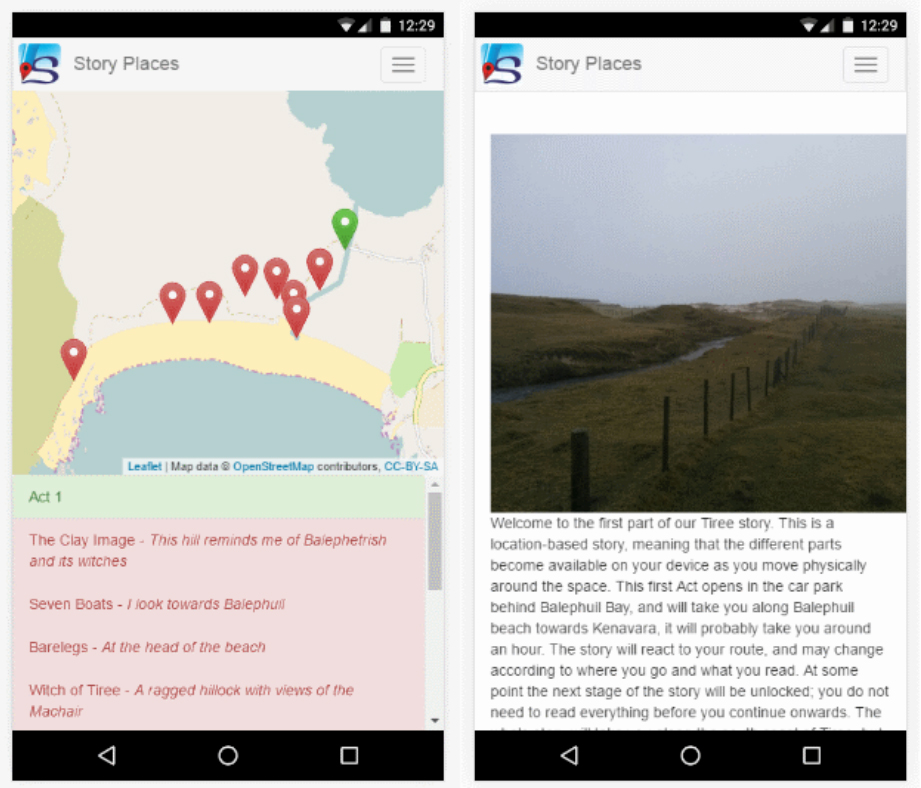
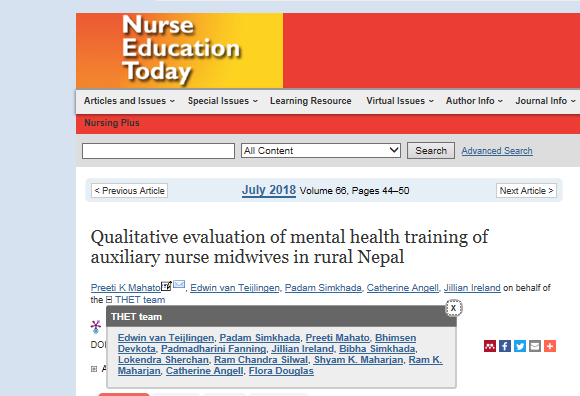
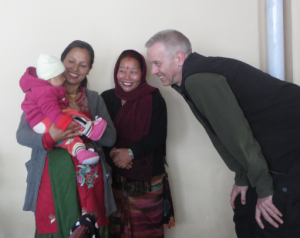
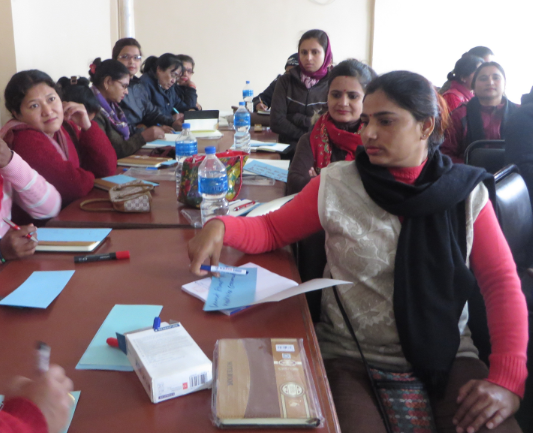
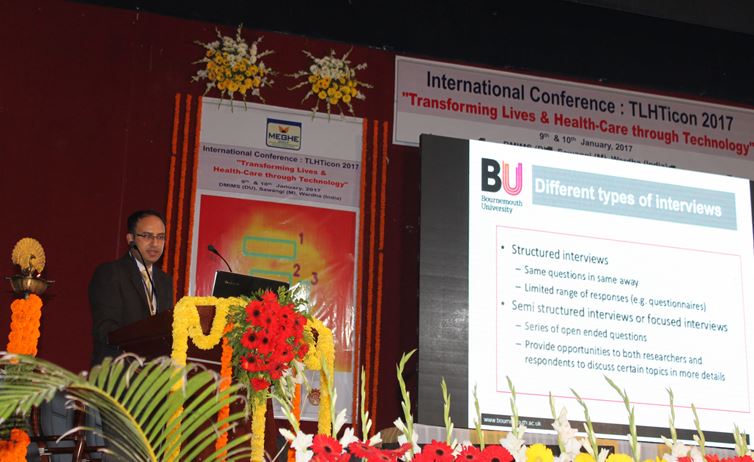
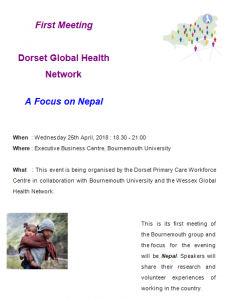
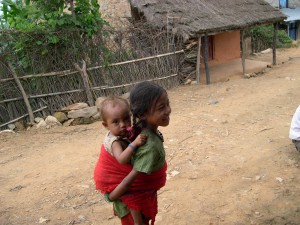
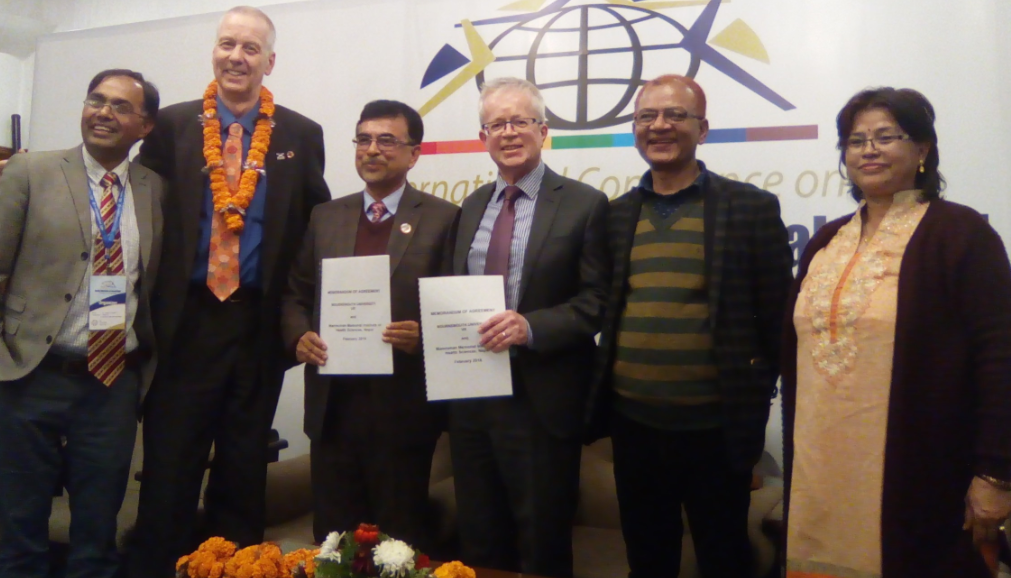
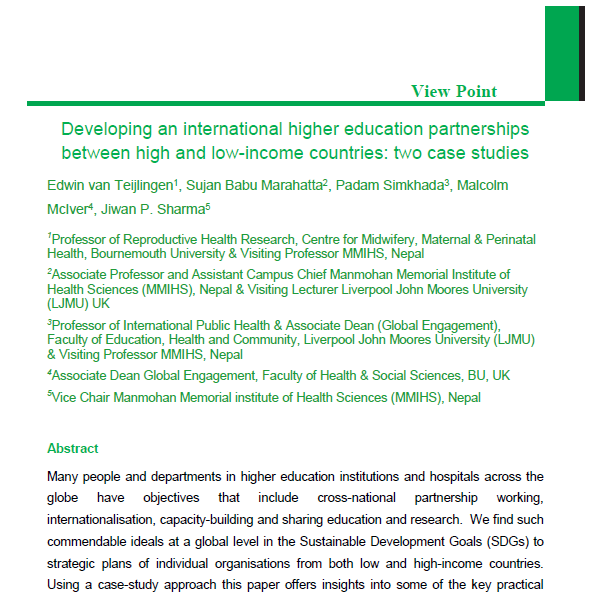

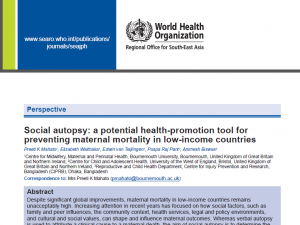
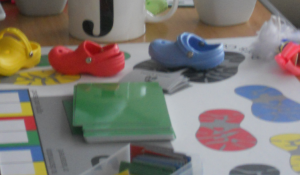
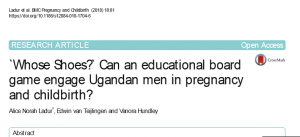


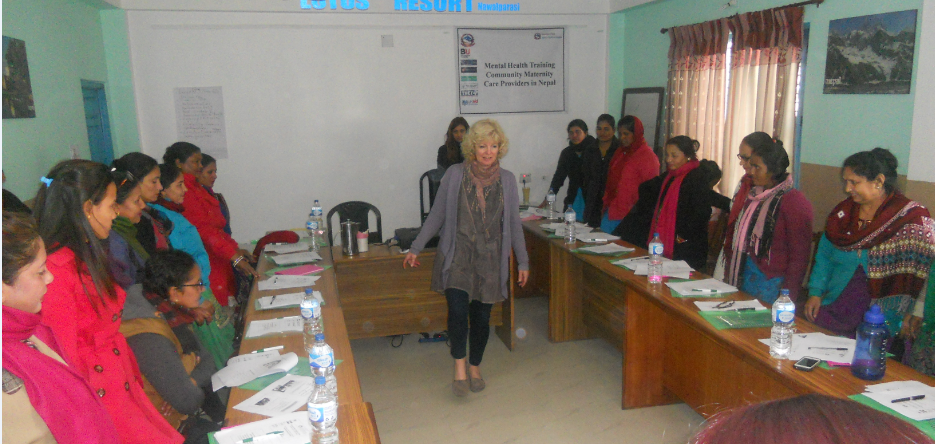

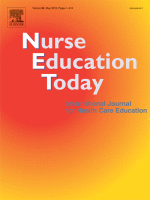
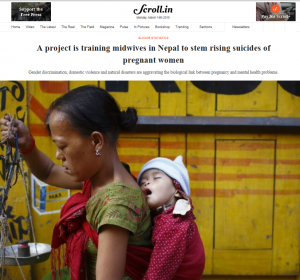
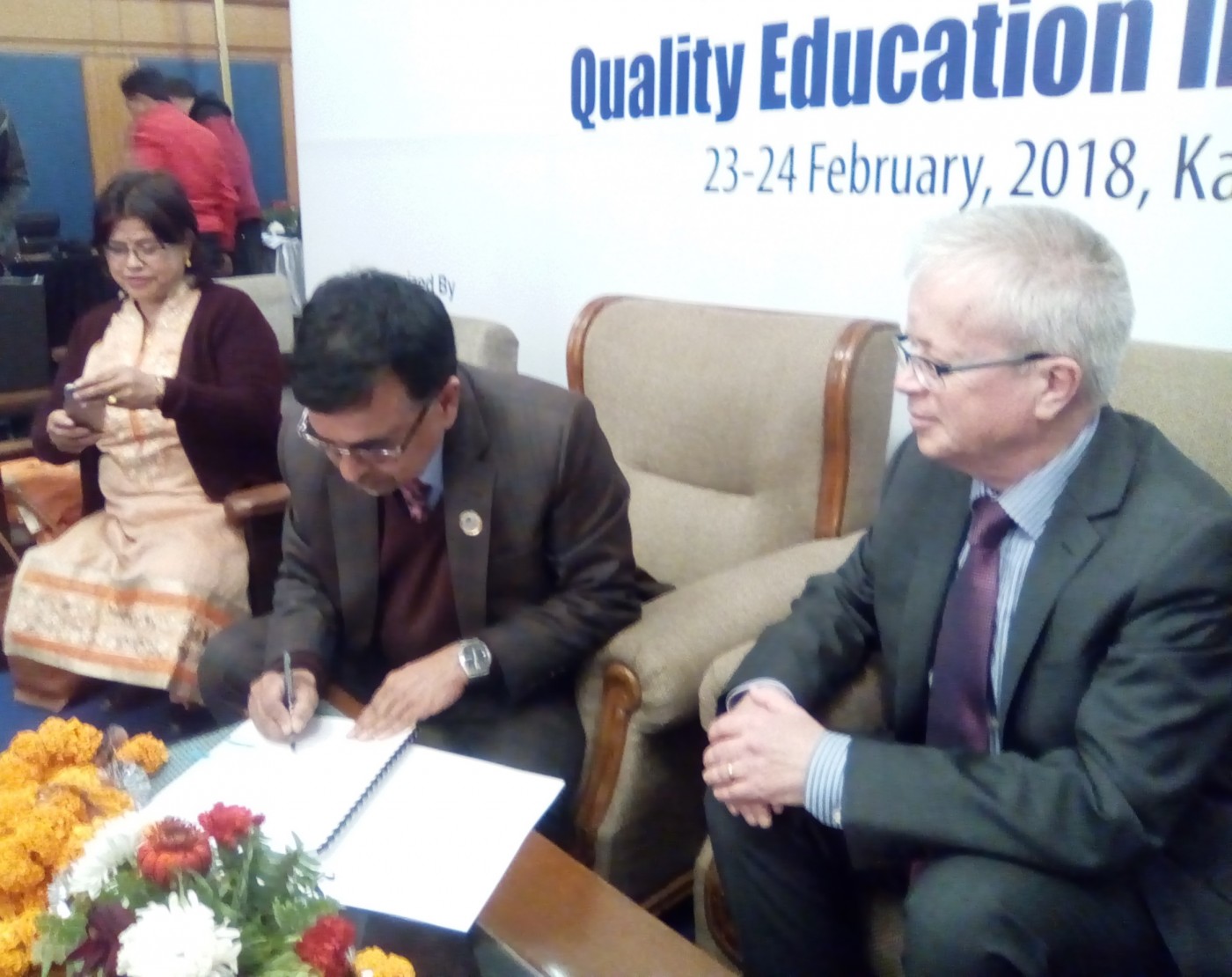


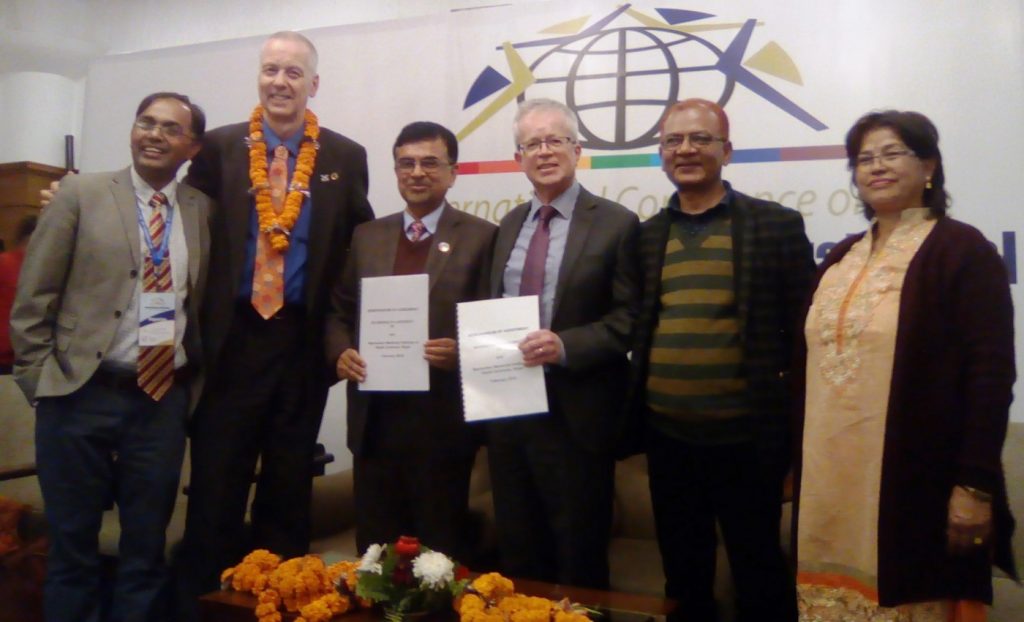
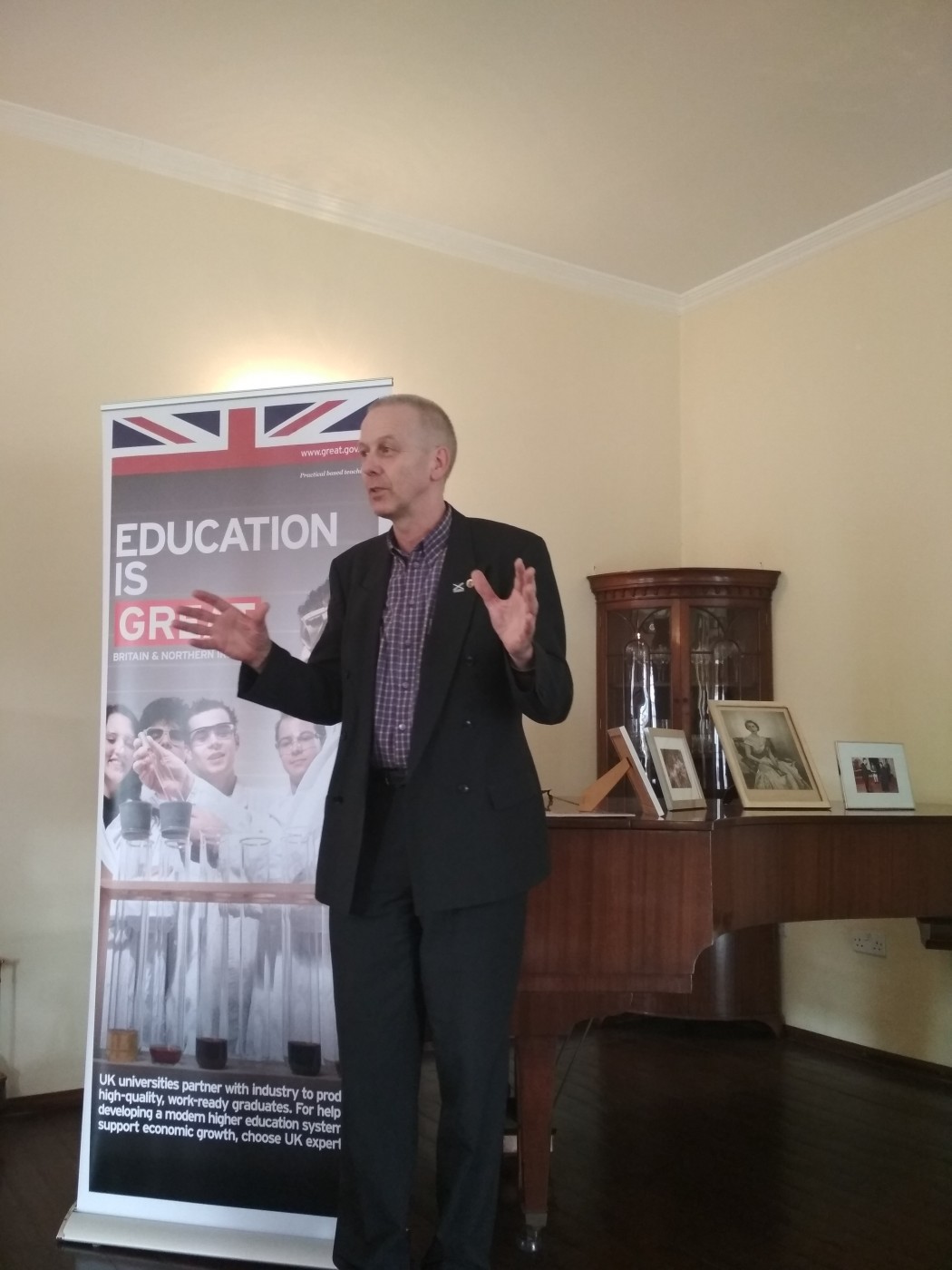
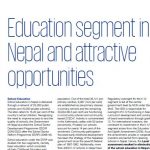
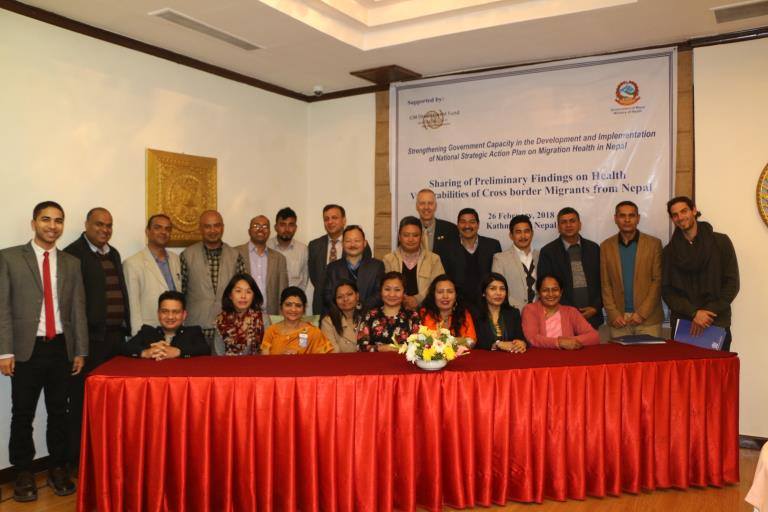

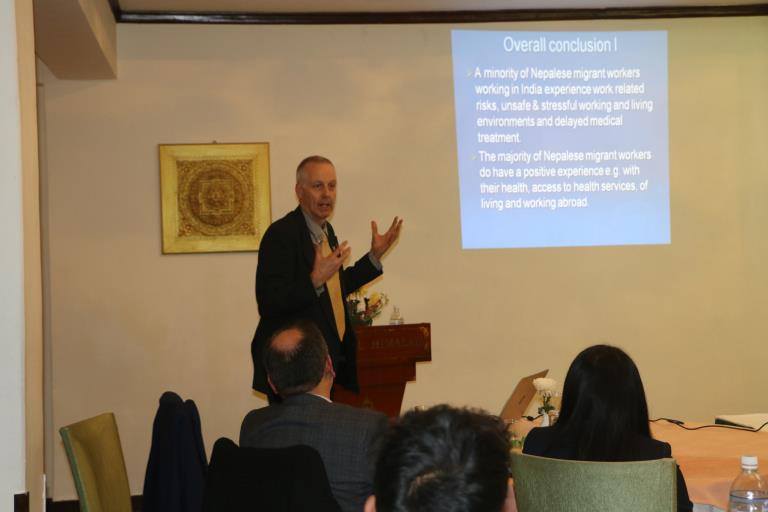
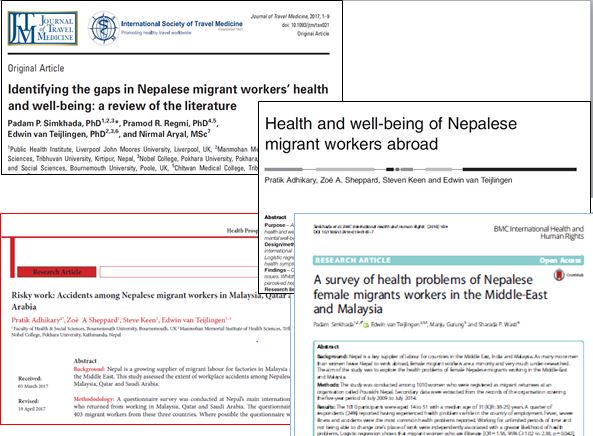
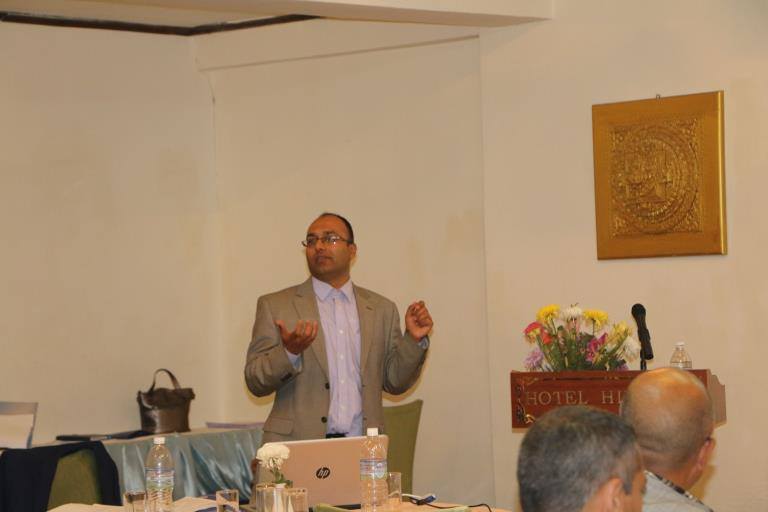
 Since then the research project was invited to contribute a chapter to a book related to the topics from the Symposium, which is due out this summer (see below for further details).
Since then the research project was invited to contribute a chapter to a book related to the topics from the Symposium, which is due out this summer (see below for further details).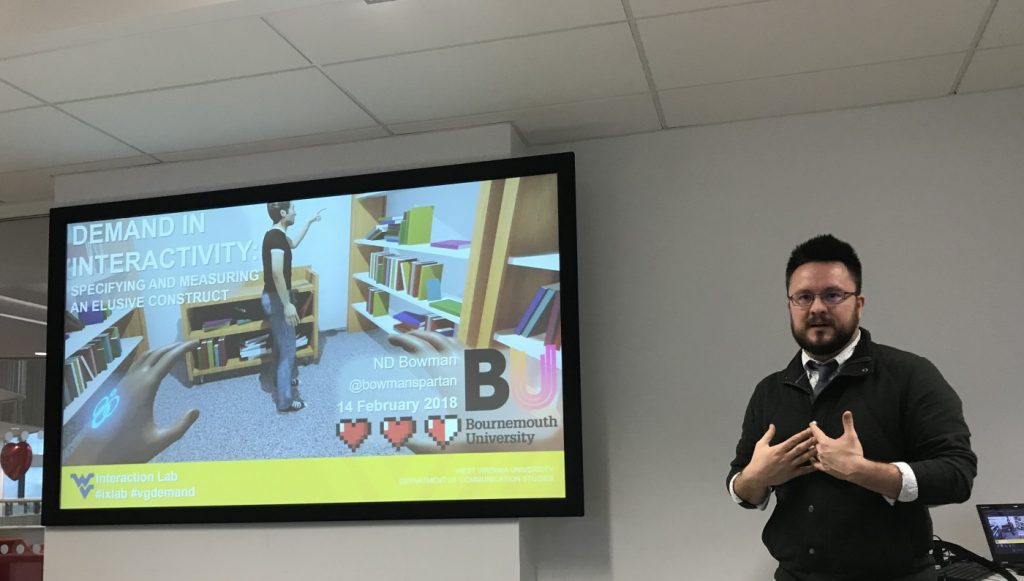
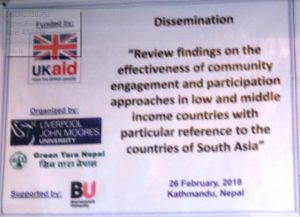
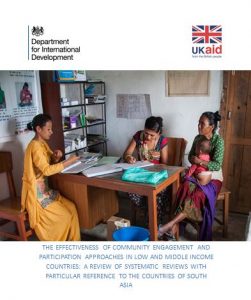

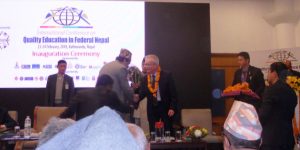











 FHSS academics teaching in Nepal
FHSS academics teaching in Nepal New weight change BU paper
New weight change BU paper One week to go! | The 16th Annual Postgraduate Research Conference
One week to go! | The 16th Annual Postgraduate Research Conference Geography and Environmental Studies academics – would you like to get more involved in preparing our next REF submission?
Geography and Environmental Studies academics – would you like to get more involved in preparing our next REF submission? Congratulations to three former BU staff
Congratulations to three former BU staff MSCA Staff Exchanges 2024 Call – internal deadline
MSCA Staff Exchanges 2024 Call – internal deadline Applications are now open for 2025 ESRC Postdoctoral Fellowships!
Applications are now open for 2025 ESRC Postdoctoral Fellowships! Horizon Europe – ERC CoG and MSCA SE webinars
Horizon Europe – ERC CoG and MSCA SE webinars MaGMap: Mass Grave Mapping
MaGMap: Mass Grave Mapping ERC grants – series of webinars
ERC grants – series of webinars